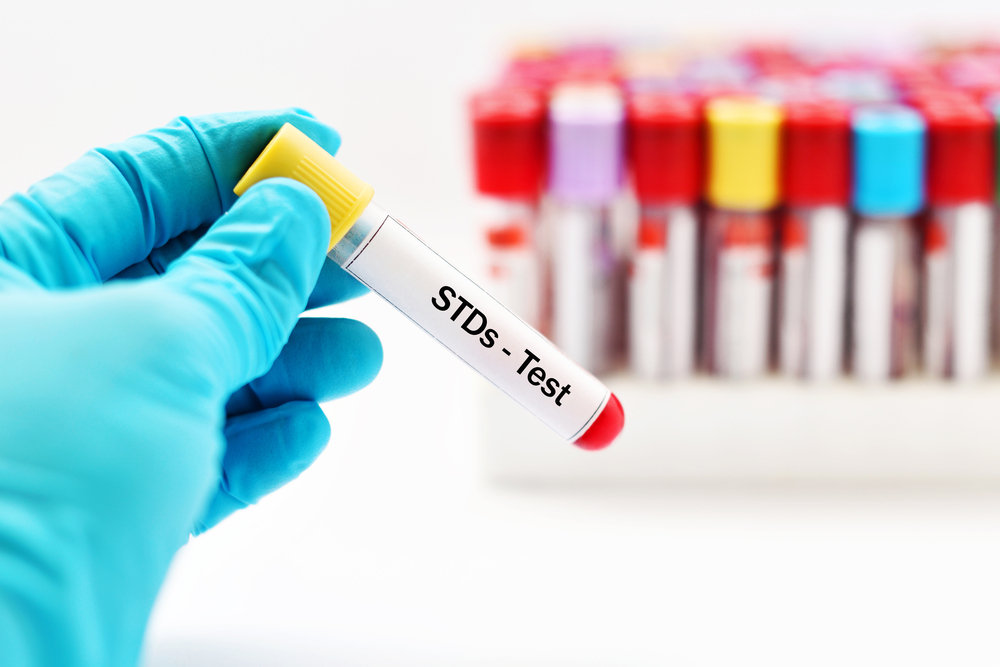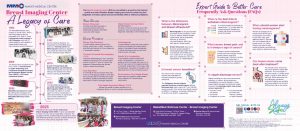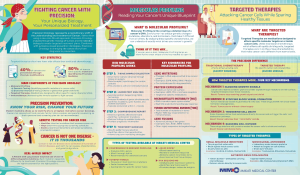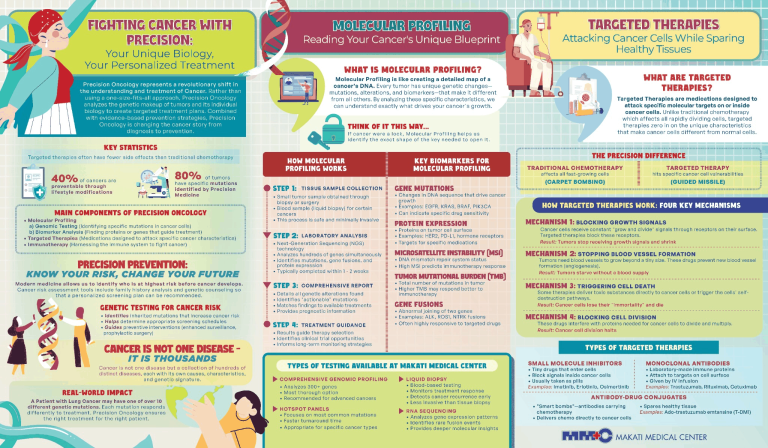
Valentine’s Day is just around the corner—this means lots of flowers and chocolates on the streets and images of those on social media platforms. But it is also that time of the year when people become implicitly more sexually active.
While sex is a normal way to express one’s desire through physical intimacy, not everyone who engages in the act uses protection, leading to increased chances of getting sexually transmitted infectious diseases.
What are the most common sexually transmitted infections (STI) in the Philippines?
It is said that over one million people around the world contract STI daily, including chlamydia, gonorrhea, and syphilis. Sexually transmitted infections in the Philippines remain a public health problem, but not enough people talk about it.
1. Human papillomavirus (HPV)
In the U.S, human papillomavirus is the most common sexually transmitted infection. People can get infected through vaginal, anal, and oral sex and skin-to-skin contact. There are over 100 different strains of HPV, and it can be passed on even when the infected does not show signs or symptoms. The disease can also cause genital warts and other types of warts.
Anyone who is sexually active can get HPV, and it can develop years after having intercourse with someone infected. The best way to avoid it is by getting vaccinated (can start at age 11 or 12 years through 26, if not vaccinated yet) and using condoms every time for sexually active people. Being in a monogamous relationship can also help prevent catching the disease.
2. Genital warts
Human papillomavirus infections cause the appearance of genital warts. These are fleshy growths that may form individually or in clusters. Lesions may also appear in the mouth or throat of those who have engaged in oral sex with an infected partner.
Men who have genital warts can see the growths emerge on the scrotum, around the anus, on the shaft, and the tip of the penis. In women, it can pop up around the vaginal opening and spread to the rectal area and the cervix.
These warts can be treated with laser and prescribed solutions and may require more than one type of treatment to disappear permanently. Using condoms and getting HPV vaccinations can help prevent genital warts.
3. Genital herpes
Genital herpes is a contagious infection that can spread through sex. This viral sexually transmitted disease (STD) comes in two forms: HSV1 and HSV2. HSV1 is linked with cold sores, while HSV2 is associated with genital sores. It’s possible to pass on herpes from the mouth to the genitals and vice versa.
The blister-like sores can be treated with oral and topical medications. To prevent catching and spreading genital herpes, sexually active people must use condoms, limit the number of partners, and get tested regularly.
4. Syphilis
Syphilis is an infection that can have severe health complications, affecting vital organs like the heart, spine, and brain if left untreated. The symptoms of syphilis are divided into stages:
- Primary – Firm and round sore(s) called chancre at the initial site of infection, usually around the genitals, anus, rectum, or in and around the mouth
- Secondary – Involves skin rashes, swollen lymph nodes, and a fever
- Latent – There will be no signs or symptoms at this stage
- Tertiary – Associated with severe medical problems
Treatment for syphilis includes antibiotics. However, the damage done might not be reversed. To decrease the chances of contracting syphilis, use latex condoms properly during intercourse to prevent direct contact with a sore.
5. HIV/AIDS
The human immunodeficiency virus (HIV) is directly associated with acquired immunodeficiency syndrome (AIDS). Untreated HIV can progress to AIDS.
HIV is transmitted through semen, vaginal fluids, and blood but can also be acquired through sharing of needles (from tattoo piercing and blood or drug transfusions). The common symptoms of HIV include fever, chills, headaches, sore throat, swollen lymph nodes, mouth ulcers, weight loss, and fatigue. However, many patients experience no symptoms.
There is no vaccine for HIV and no cure for AIDS—yet. But the spread of the virus can be prevented. For people with HIV, taking antiretroviral medication can prevent their partners from becoming infected. Taking post-exposure prophylaxis (PEP) within 72 hours can also reduce infection risk for those who believe they have been exposed to it.
More importantly, using a condom during intercourse can avoid transmission.
6. Gonorrhea
Gonorrhea is acquired from having sex with someone infected with the bacteria causing it. Symptoms include feeling a burning sensation when peeing, swollen testicles (for men), white, yellow, or green discharge from the penis or more vaginal discharge than usual, and pain when having sex.
This disease can be treated with antibiotics, which can also be given to the patient’s sexual partner. Failure to get treatment for gonorrhea can increase the risk of acquiring or transmitting HIV through activated immune cells caused by inflammation, the spread of infection to other parts of the body, and infertility. To avoid gonorrhea, abstain from any type of sexual intercourse.
7. Chlamydia
This is one of the most common and curable sexually transmitted diseases. Usually, chlamydia shows no symptoms, but those infected notice an unusual discharge and burning sensation during urination. Chlamydia can be treated with antibiotics. But since it does not show symptoms, getting screened is essential for prevention and diagnosis. Condoms are effective in preventing this disease.
Practice Safe Sex
Sexually transmitted infections affect both men and women and can be acquired when an individual is exposed through sex with an infected partner. It is crucial for sexually active people to get regular screening for STI prevention and detection. For diagnosis, management, or treatment of sexually transmitted infections and other infectious diseases, feel free to get in touch with Makati Medical Center.










